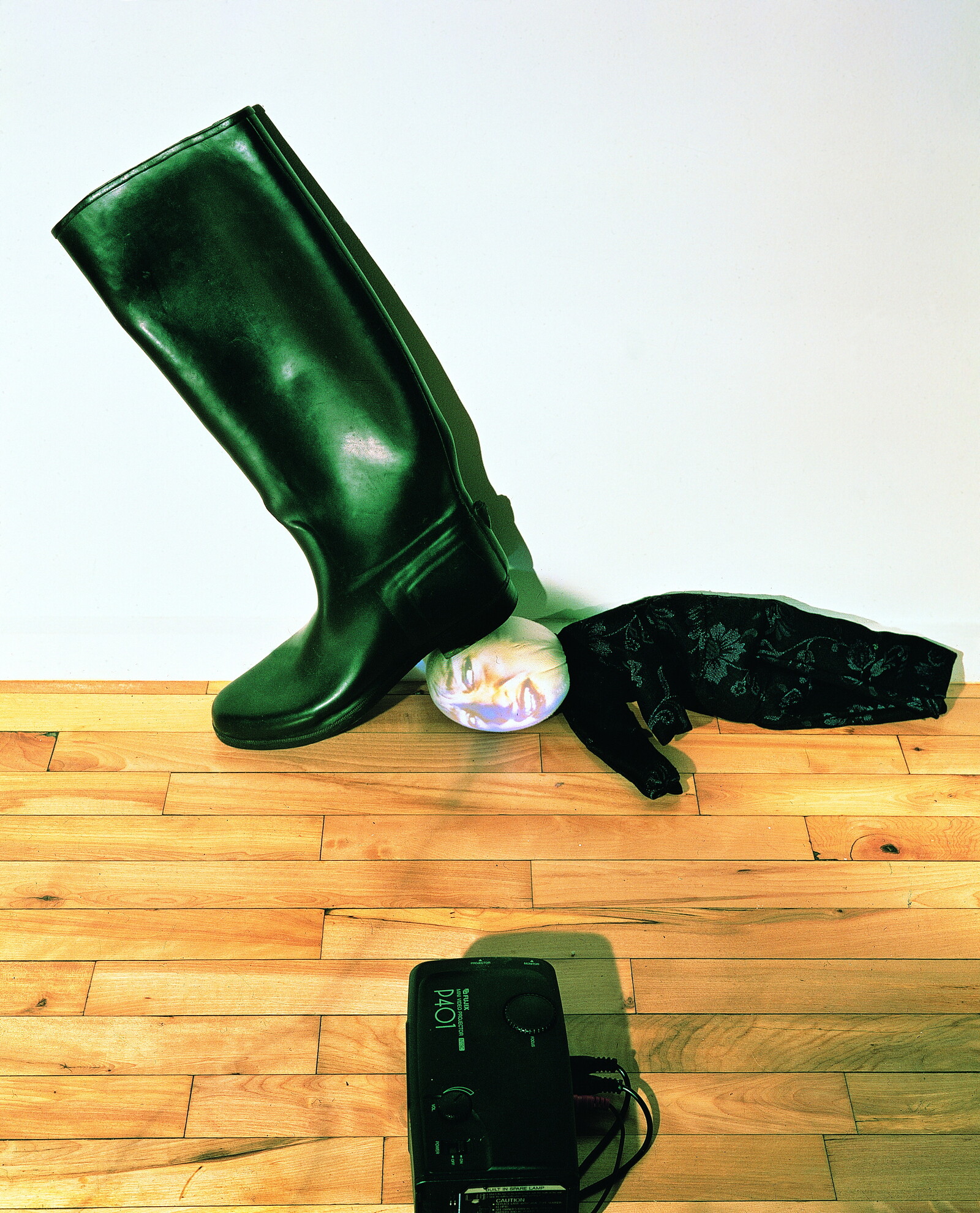Narratives of Progress, Freedom and Self-Fulfillment in Today’s Capitalism—MUSAC OFF
October 8, 2015–January 31, 2016
Avenida Aldehuela s/n
37003 Salamanca
Spain
Artists:
Julieta Aranda, Allan Sekula, Santiago Sierra, Jun Nguyen-Hatsushiba, Chus García-Fraile, Tony Oursler, Gabriele Basilico, Simeón Saiz Ruiz, Gamaliel Rodríguez, Nicola Verlato, Rineke Dijkstra, Pepo Salazar, Ana Mendieta, Shoja Azari, Yinka Shonibare, Isaac Julien, Josephine Meckseper, Ryan McGinness, Muntean & Rosenblum, Carolina Caycedo, Paul Graham, Philip-Lorca DiCorcia, Trine Søndergaard, Boris Mikhailov, Pepe Espaliú, MP & MP Rosado, Ruth Gómez, Marina Núñez, Pilar Albarracín, Gregory Crewdson, Jorge Quijano, Tracey Moffatt, Dani Marti, Diego del Pozo, Ixone Sádaba
Curator:
Paco Barragán
After Obey! at Matucana 100, Santiago de Chile, and Guided Tour: Artist, Museum, Spectator at MUSAC, Museo de Arte Contemporáneo de Castilla y León, This is What Life is About. Narratives of Progress, Freedom and Self-fulfillment in Today’s Capitalism—MUSAC OFF is the third exhibition in a row exclusively featuring works from the MUSAC Collection conceived by guest curator Paco Barragán.
The exhibition presents a reading of a series of works from the MUSAC Collection in León, Spain, that reflect on contemporary society in today’s capitalism: from globalization to de-regulation of markets, democracy, freedom and security to success and self-fulfillment.
The exhibition is not against or in favor of capitalism, as those perspectives have clearly shown that they are unable to grasp the complexity and contradiction that has characterized capitalism since its advent at the end of the 16th century. It’s more about enabling the citizen to reflect on the contradiction that it entails to live in today’s system and how he or she is faced on a daily basis with taking no less contradictory decisions.
Every exhibition aspires to insert itself within a frame of critical thinking. In this case, there are two iconic books that have served as inspiration that delve respectively into this “new spirit” of capitalism and the distribution of wealth: the already classic The New Spirit of Capitalism (2002) by Luc Boltanski and Eve Chiapello and Capital in the XXIst Century (2014) by Thomas Piketty.
The exhibition has been divided into three thematic and overlapping blocks: Progress, Freedom and Self-Fulfillment. They also engage with those inevitably less-positive sides of these themes: violence and dystopia, migration and exclusion, and alienation and anxiety.
Part I: Progress
Julieta Aranda, Allan Sekula, Santiago Sierra, Jun Nguyen-Hatsushiba, Chus García-Fraile, Tony Oursler, Gabriele Basilico, Simeón Saiz Ruiz, Gamaliel Rodríguez, Nicola Verlato, Rineke Dijkstra, Pepo Salazar, Ana Mendieta, Shoja Azari
Part II: Freedom
Yinka Shonibare, Isaac Julien, Josephine Meckseper, Ryan McGinness, Muntean & Rosenblum, Carolina Caycedo, Paul Graham, Philip-Lorca DiCorcia, Trine Søndergaard, Boris Mikhailov, Pepe Espaliú, MP & MP Rosado, Ruth Gómez, Marina Núñez
Part III: Self-FulFillment
Pilar Albarracín, Gregory Crewdson, Jorge Quijano, Tracey Moffatt, Dani Marti, Diego del Pozo, Ixone Sádaba
Basically, what the works presented teach is that the places of legitimate declaration—church, school, the state, university, the political elite—have lost their symbolic power of representation to the media and the cultural industries of neoliberal capitalism. Thus, the contemporary subject finds himself disoriented by the lack of new metanarratives that will grant meaning to his life.
If we want to talk about progress, freedom and self-fulfillment, we need then to talk about capitalism; if we want to talk about capitalism, we are obliged to talk about exclusion, globalization and alienation. Of course we would like to think that the State has a fundamental role in restraining those polarizing forces for the sake of democracy and general interest. But let’s recall that complexity and contradiction are the traits that have always accompanied the philosophy of capitalism.
We might well end by affirming that this is thus what life is simply about.
End of history.
Download bilingual Spanish-English catalogue here (scroll down for English to pages 7 and 8).
For more information on the MUSAC Collection visit www.musac.es or contact musac [at] musac.es.



